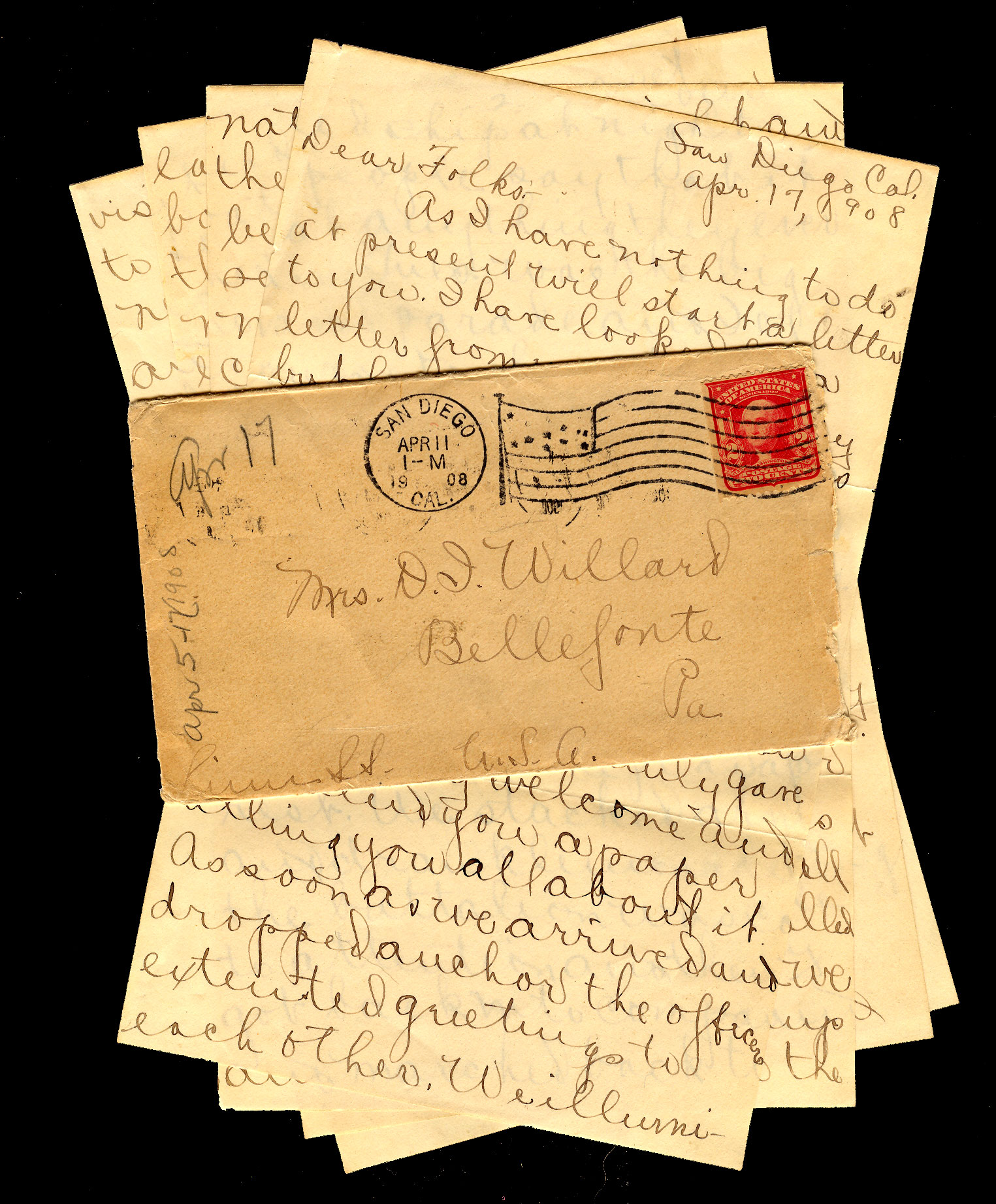Tiffany J. Franklin M.S.Ed, Associate Director
Cover letters are one piece of the job search many job seekers would rather skip. In fact, some will only apply to positions that don’t require them. Omitting the cover letter is a mistake. After all, a cover letter is really a marketing piece that allows you to make a strong case (backed up by examples) for why this company should hire you. Why would you miss out on an opportunity to show a recruiter why you are qualified for a position?
As a former recruiter, I would sometimes receive well over 100 resumes for one job posting. When evaluating which ones to interview, the applications with cover letters stood out because it demonstrated that the candidate took extra time and went a step further than other applicants. Cover letters provided insights into how well the candidate could communicate, their attention to detail, and made a case for why I should hire them. The best cover letters were customized. I gained a clear sense of why the candidate wanted that particular job and company. It was apparent the applicant took the time to think about why they wanted that company and role. Conversely, it’s easy to tell when a candidate uses the same generic letter and applies to 50 jobs.
When writing cover letters, you want to show that everything you have done so far has lead you to this job. It’s up to you to craft a story and pull out all your transferrable skills you gained during your academic and internship journey. Your goal is to inspire confidence in the recruiter that you have the skills and motivation to do this job and you have researched the company culture.
Some writers feel the need to list everything they have ever done and hope the recruiter will find something relevant. That strategy backfires because recruiters don’t have that kind of time to sift through extraneous information. Like the opening arguments in a court case, you need to provide the hiring manager the lens through which to view your experience in the first paragraph of your letter. Explain how your unique combination of education, experience, and skills has qualified you to make contributions to their team. Then, use the middle paragraphs to provide evidentiary support through relevant examples. Be sure that the cover letter is not simply restating your resume. Instead, it’s an opportunity to bring your resume to life and tell your story in a compelling way.
Here are a few tips for how to tackle that first cover letter.
1) At the top, include your address and the date
2) Address the letter to an actual person, not a generic “Dear Hiring Manager.” If you can’t find the contact name, Google “LinkedIn Company Name Recruiter” for ideas. Include contact name, title, company name, and address.
3) Opening Paragraph (I LOVE YOU) – Mention position title, requisition number if listed, why you want the company (see mission statement, About Us page), and a sentence stating why you are qualified to contribute to their team.
4) Middle Paragraphs (YOU LOVE ME) – This is the part where you pick 3-4 examples from your experience and bring your resume to life. Through success stories, you demonstrate your ability to do this job and highlight your transferrable skills. These examples should speak to the key skills mentioned in the job description. That job description may list 50 different qualifiers, but usually these can be grouped into a few primary categories.
5) Closing Paragraph (LET’S TALK) – Restate your interest and summarize key qualifiers, how to reach you (contact info), that you’ll be available for an interview, and thank them for the consideration.
The first letter may take a little longer to complete, but it’s worth the time investment. Writing subsequent letters should be easier as you get used to the format. Be sure to have different letters for each industry and job type to which you apply. From there, customize each one to each company and specific position.
There are great samples at www.vpul.upenn.edu/careerservices/writtenmaterials/coverletters.php. The samples are a helpful guide, but be sure to make the letters your own and that they are not too close to the samples. This is your chance to shine and you need to make it unique to your skills. Proofread your cover letter and have someone else read it before applying to any positions. One grammatical or spelling error will reflect poorly upon you, so editing is a must.
Career Services is here to help! We have walk-ins throughout the week and you can schedule an appointment to have an advisor review your resume and cover letter. www.vpul.upenn.edu/careerservices/appointments



![gifts[1]](https://ulife.vpul.upenn.edu/careerservices/blog/wp-content/uploads/2012/11/gifts1-300x300.jpg)



